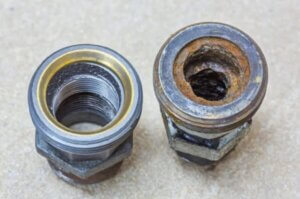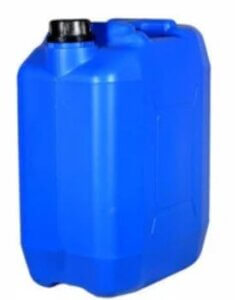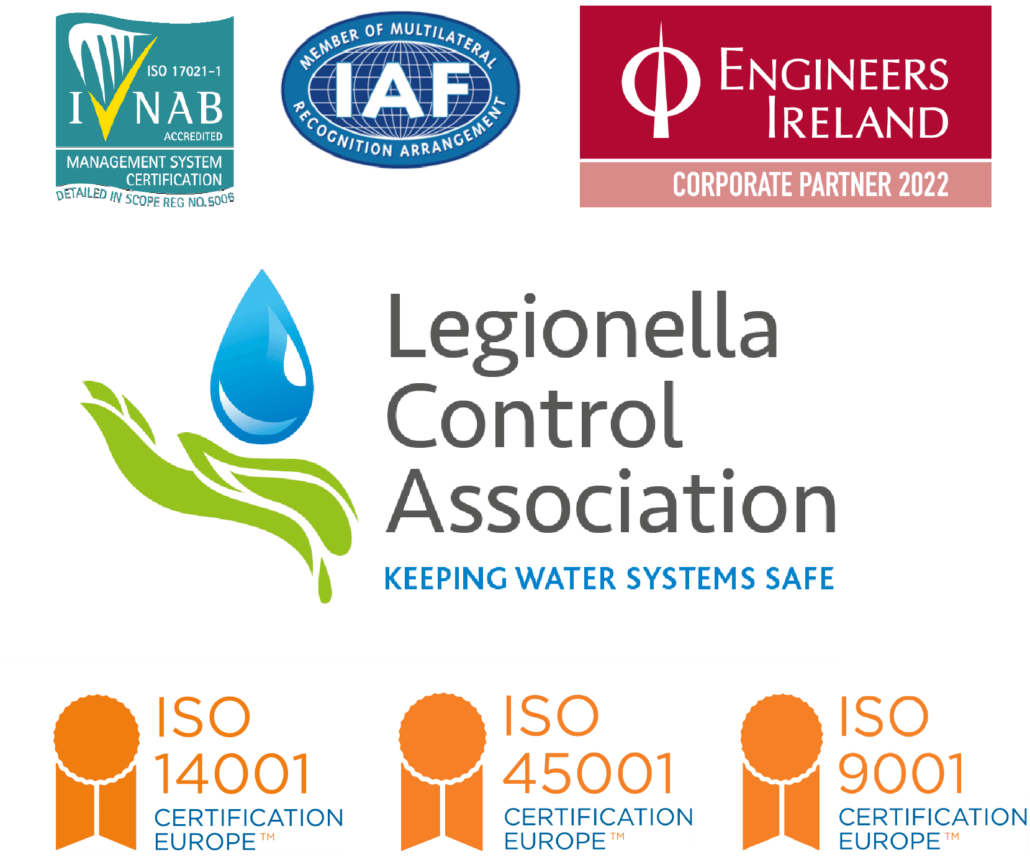Scaling and corrosion – Whats the difference?
Corrosion and scaling are major problems in water systems that can cause economic problems, hydraulic, aesthetic and health effects.
Corrosion
Corrosion is a form of damage that metals can experience when in contact with certain environments. Corrosion causes the metal to degrade which can lead to reduction in strength and leaking. Corrosive water can react with plumbing and metal fixtures resulting in the deterioration of the pipes and increased metal content of the water. Consumption of water with elevated levels of toxic metals, such as lead and copper, has been shown to cause both acute and chronic health problems. In addition, taste and odours, as well as the appearance of delivered.
Scale
Scaling in systems is caused by a change in the equilibrium of the geothermal fluid, which induces certain elements to precipitate. The scale could clog or reduce the flow in pipes, cause build-up in hot water heaters and reduce their efficiency, and impart an alkali taste to the water. If scaling builds up, it is necessary to clean it through routine maintenance to allow the system to operate properly.

Corrosion Inhibitors and Scale Inhibitors
The accumulation of scale and corrosion can reduce flow rates, oftentimes leading to lower operating efficiency. And today, efficient corrosion inhibitors and scale inhibitors are just as important to the environment as they are to your operation.
Corrosion inhibitors and Scale inhibitors are tailored chemicals that delay or prevent scale formation when added in small concentrations in water that would normally create scale deposits.
Ultimately, inhibition can be achieved, either by adding substances that react with potential scale-forming substances so that thermodynamically, a stable region is reached or by adding substances that suppress crystal growth. Therefore, the use of these chemicals is attractive because a very low dosage (several ppm) can be sufficient to prevent scale for extended periods of time for either surface or equipment treatments. The precise mechanism for scale inhibitors is not completely understood.

Application of scale inhibitors
Boiler Water Treatment
Boilers require regular water treatment to be healthy and functioning, as failure to do so can result in operational inefficiencies, performance losses, and boiler damage. Boiler Water Treatment aids in the development of a dependable and efficient system, minimizing downtime and maintenance expenses.
Cooling tower Water Treatment
Cooling tower water treatment is removing toxic or otherwise harmful pollutants from your cooling tower system using a combination of filtration methods and chemical products. You can fix the most common cooling tower problems by treating the water in the cooling towers, such as:
- Fouling and biofilm
- Dirt and small particles
- Scale
- Corrosion
- Foam Overabundance
Closed Loop Water Treatment
Closed loops that aren’t adequately handled can create a lot of corrosion and waste a lot of water and energy.
These systems must be reviewed on a regular basis to ensure that the treatment level is correct and that the system is functioning properly. The necessary water conditions must always be maintained to ensure that closed circuit systems are adequately maintained and run at maximum efficiency.
Benefits of inhibitors
1) Excellent scale and rust inhibitor
2) Excellent results for cooling and heating water systems
3) Prevents corrosion of ferrous and non-ferrous metals
4) It has a great deposit control system
5) Better results in waters of different hardness
Conclusion
Here at Aquachem we offer corrosion and scale control water treatment solutions, here are a few reasons why you should use our inhibitors;
- Highly effective scale inhibitor and corrosion inhibitor
- Ideal for cooling and heating water systems
- Inhibits ferrous and non-ferrous metal corrosion
- Provides excellent deposit control
- Superior results in varying hardness waters
Contact us today to find out more!






